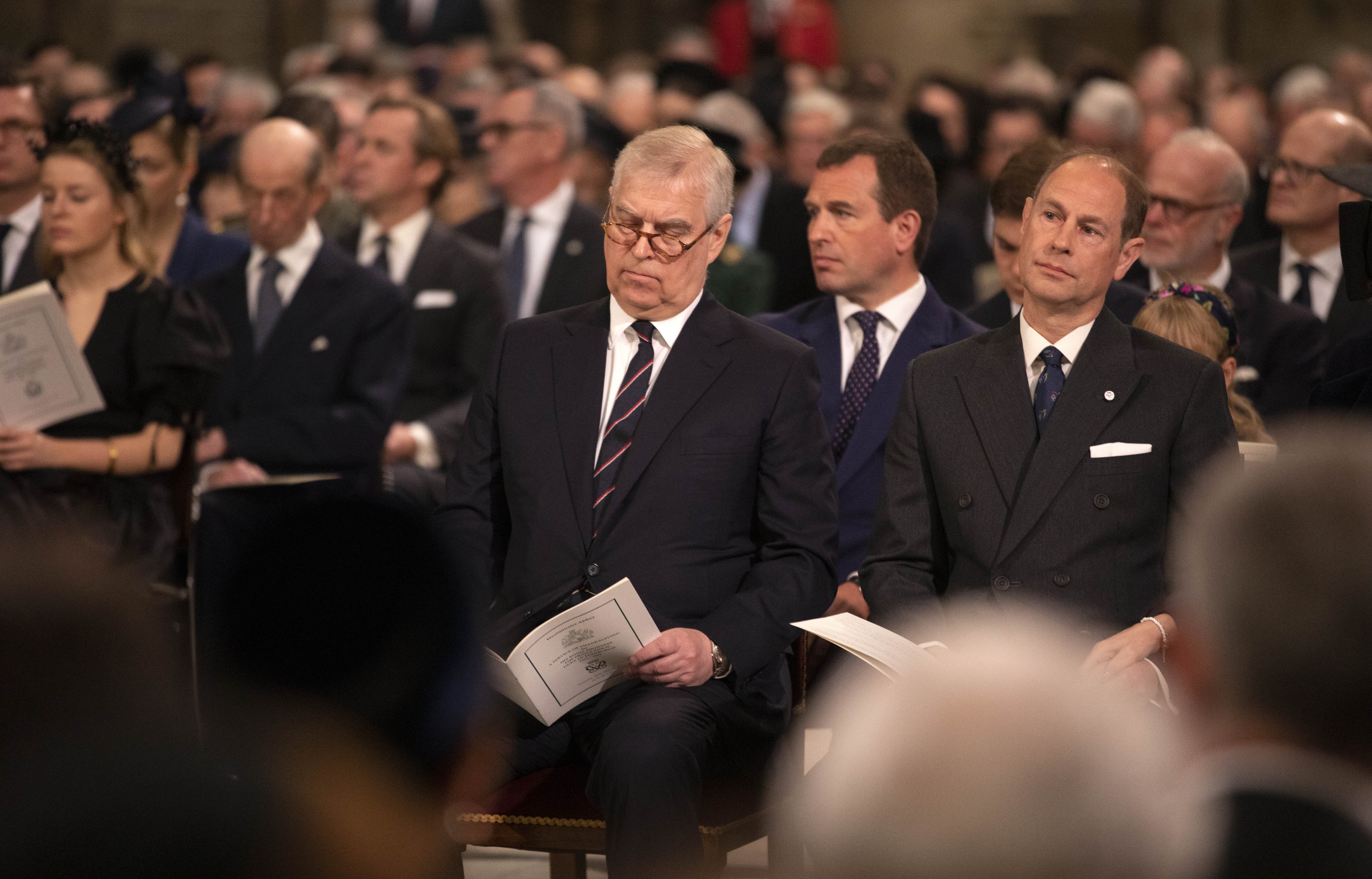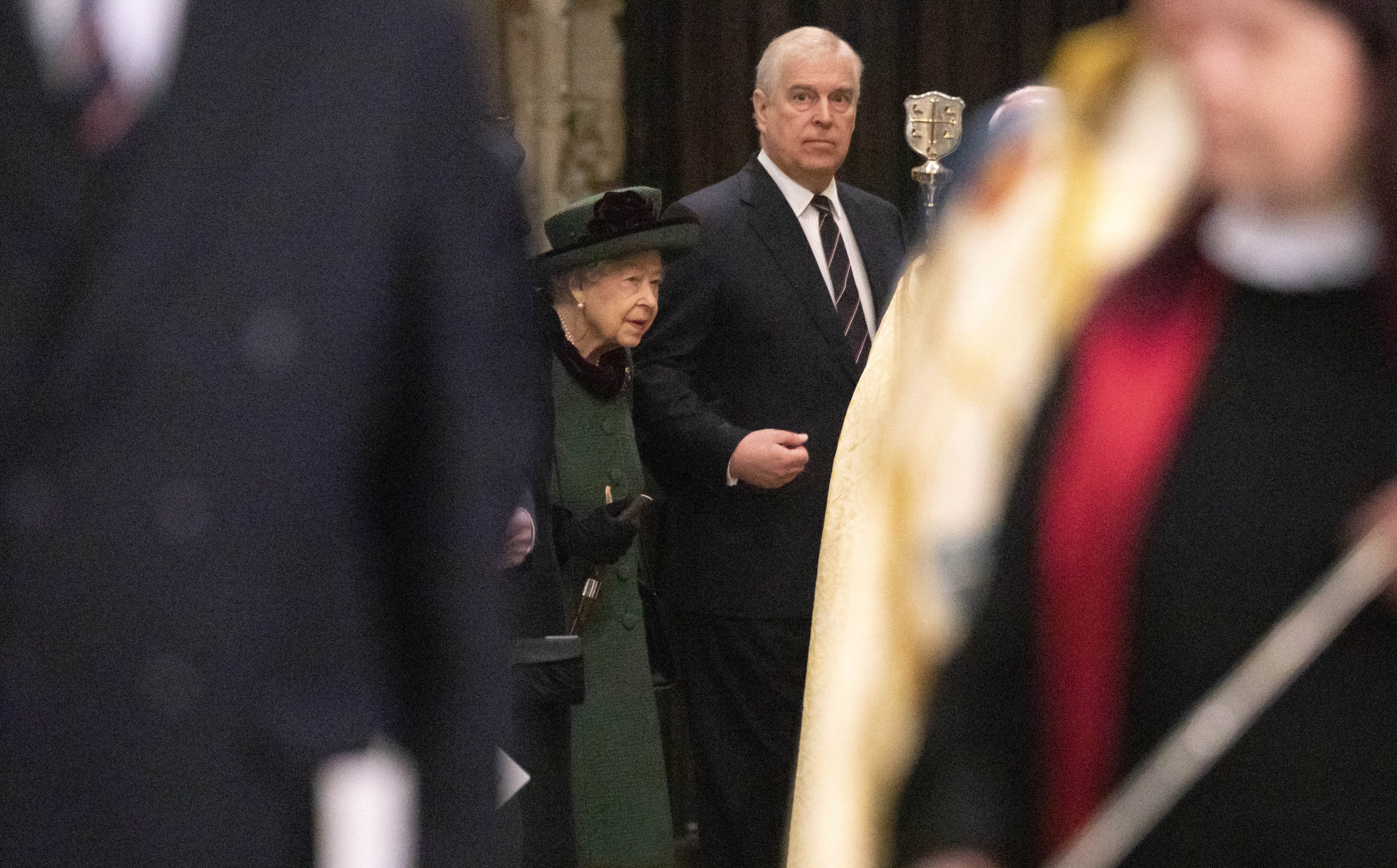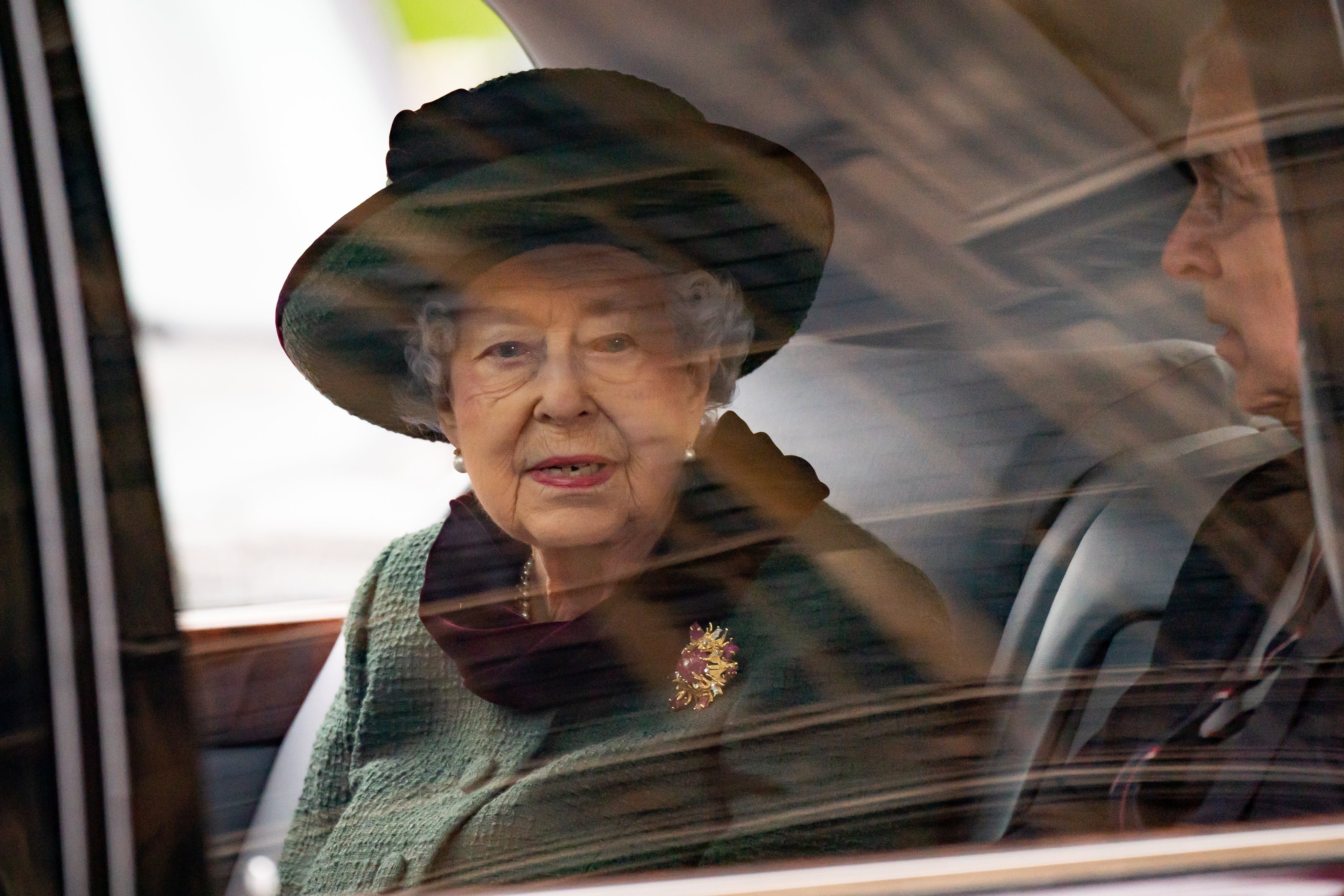
The Duke of York’s prominent appearance at his father’s memorial service was the Queen’s way of showing that her second son still has a role to play at family occasions, according to a royal commentator.
Andrew was front and centre of the high-profile occasion at Westminster Abbey on Tuesday, despite paying millions out of court earlier this month to settle a civil sexual assault case.
The duke escorted his mother and had a front row seat at the televised service – his first public appearance since the settlement to his accuser Virginia Giuffre.

Former BBC royal correspondent Peter Hunt said the “downside” of Andrew having such a prominent role is that it is a reminder of his “many errors of judgment that have led him to being removed from public life”.
Mr Hunt tweeted that in having Andrew carry out his role, it was a sign of the Queen “endorsing” him, and he told the PA news agency: “It didn’t happen by chance.
“He could have sat in the congregation with others, with his relatives, but they actively decided that he would have this role of supporting her.
“So she has chosen, in essence, to remind people that he hasn’t admitted any wrongdoing, he’s not guilty of anything, he’s innocent.
“And she’s very clearly stating that he has a role at family occasions.”
Mr Hunt raised the question of whether the Prince of Wales and Duke of Cambridge would have been supportive of Andrew having this role at the service.

“It’s one thing to accept that he should attend his father’s memorial service, it’s quite another thing to then give him quite a prominent role, so it was an active choice to give him such a prominent role,” he said.
Mr Hunt said he found it “fascinating”, and said: “Did William and Charles try to intervene? And clearly if they did then they failed.”
He added: “I think you have to start from the basis that Charles and William will have been in the driving seat with the Queen of removing Andrew from public life.
“Both of them will have been very aware of the risks of Andrew having this role, so either they decided that they could justify it on the basis that it was an event for his father, or they did try to suggest this wasn’t a good idea and the Queen chose not to listen to them.”

Mr Hunt said he imagines Andrew will have been “very keen” to escort his mother, adding: “It would be for others to dissuade him.”
The former correspondent wondered how the move will be perceived in the United States and elsewhere in the world.
“It’s one thing to organise an event to satisfy the needs and the desires of the family members, it’s quite another to then step back from it and see how it is seen around the world, and I don’t yet know what that judgment will be.
“But the risk for them is it reopens yet again the whole can of worms for them about Prince Andrew’s judgment. It reminds them about his missteps and it raises questions about the wisdom of allowing him to have a prominent role when he could just have attended as everyone else did,” he said.
But another royal commentator said Andrew’s role of escorting the Queen may have been a matter of “practicality” as much as anything else.
Asked if he viewed Andrew’s role at the service as a way of the Queen showing support for her son, Joe Little, managing editor of Majesty Magazine, told the PA news agency: “It’s hard to interpret how it came about.
“I’m not sure that the Queen would necessarily regard it in that way.”
He said it might have just been “a practicality as much as anything” and a plan that “fitted the purposes of the occasion”.
Mr Little added: “I mean, clearly with him by her side, then the support is there physically and in every other way, really.”
He noted Andrew has not been found guilty of anything, adding: “It’s a complicated situation on a very personal level for the Queen as his mother.”
Mr Little pointed out that, like the Queen, Andrew travelled from Windsor for the service and it may have “made sense to have a member of the family travel with her”.
Asked if he was surprised by Andrew’s role, he said: “I suppose we should always expect the unexpected on big royal occasions, and I don’t think anybody had guessed that this is what would happen.
“But I suppose we could look at it in many ways.”
He added: “Clearly it’s the first time that we’ve seen him for a long time, since all the legal wranglings were settled, so some people will argue that he shouldn’t have been as prominent.
“But then we have to remember that he was the Duke of Edinburgh’s son.
“So, you know, really, he is just as entitled to be there as his siblings.”
Royal historian Hugo Vickers said Andrew’s role at the service was “entirely correct and appropriate”, describing it as a “nice gesture”.
He told the PA news agency the Queen “needs an arm” and asked: “Who better than her son?”
Mr Vickers said if she took the arm of an official, it would look “rather sad”.







